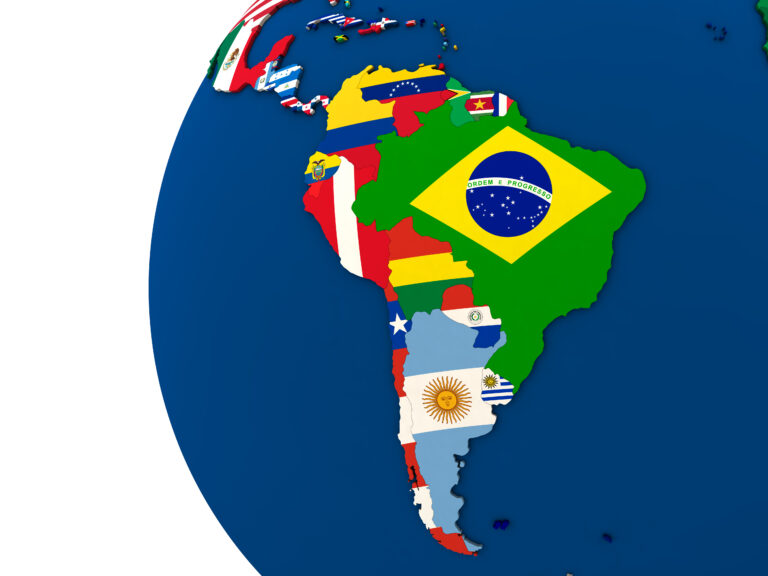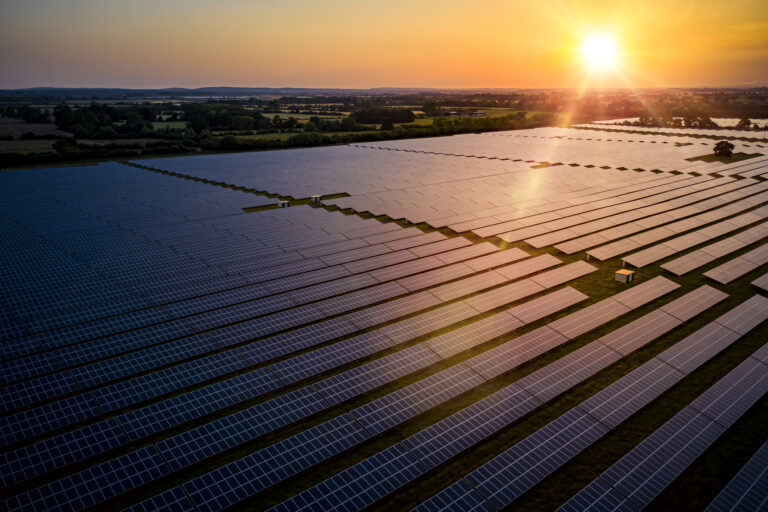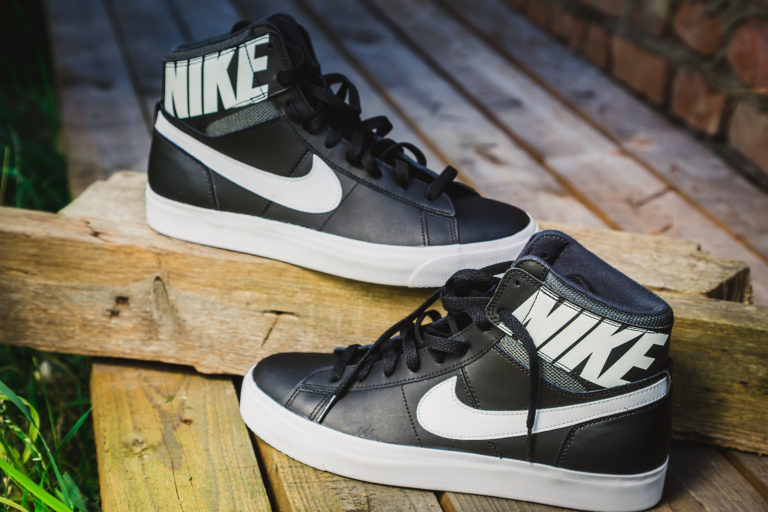
China Law Blog
How to Calculate Your China Risks
As the Chinese government continues to expand its power and get more concerned about its slowing economy and how it is viewed by its citizens, it just keeps getting tougher on foreign businesses that are not 100% abiding by its laws.
China is right now in one of its perpetual crackdowns on foreign companies doing business in China. This makes now a good time for foreign companies doing business in China or with China to determine their China risks.
The following questions are a good starting point for making that calculation.


















